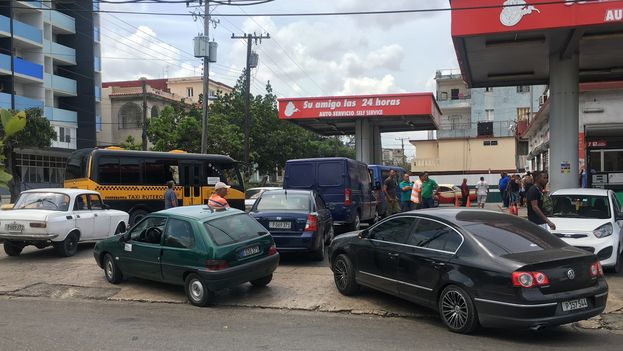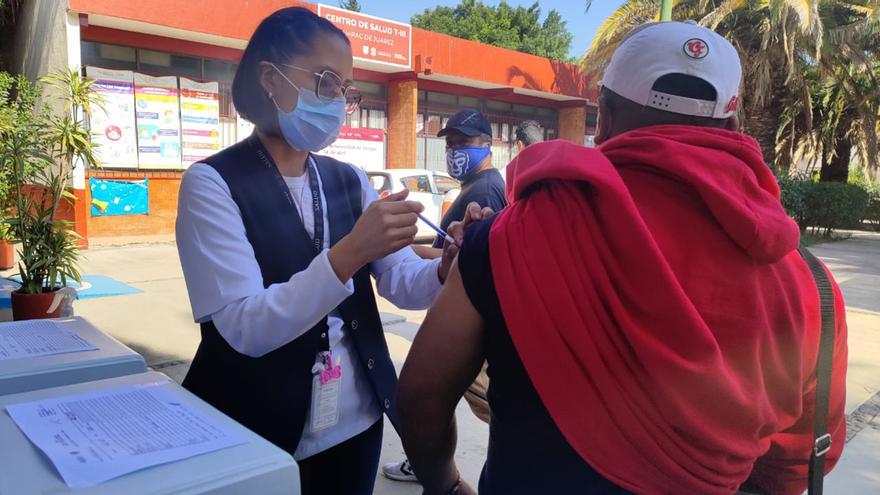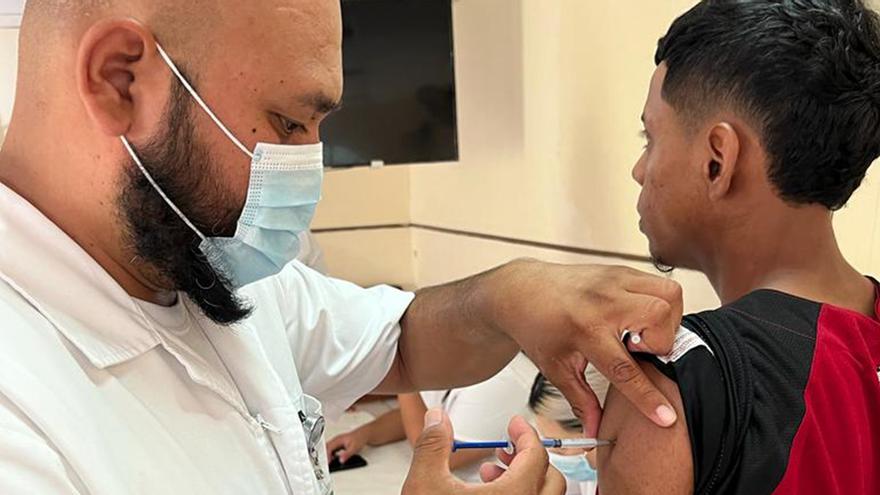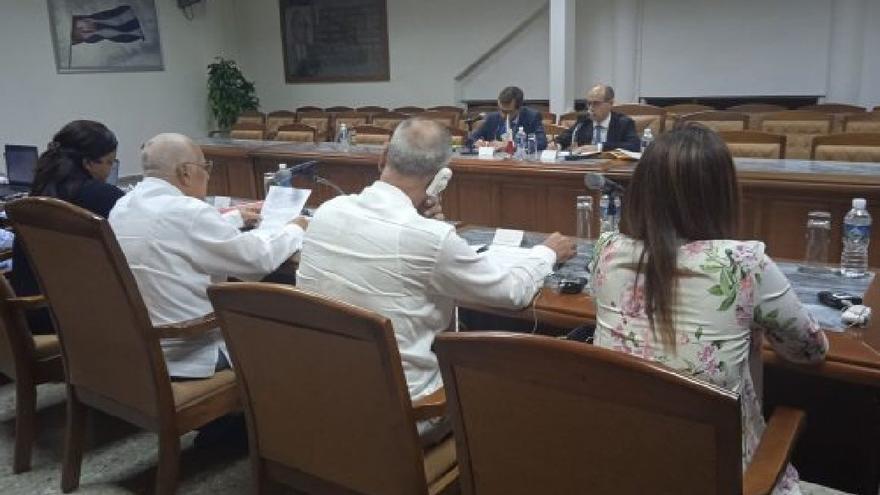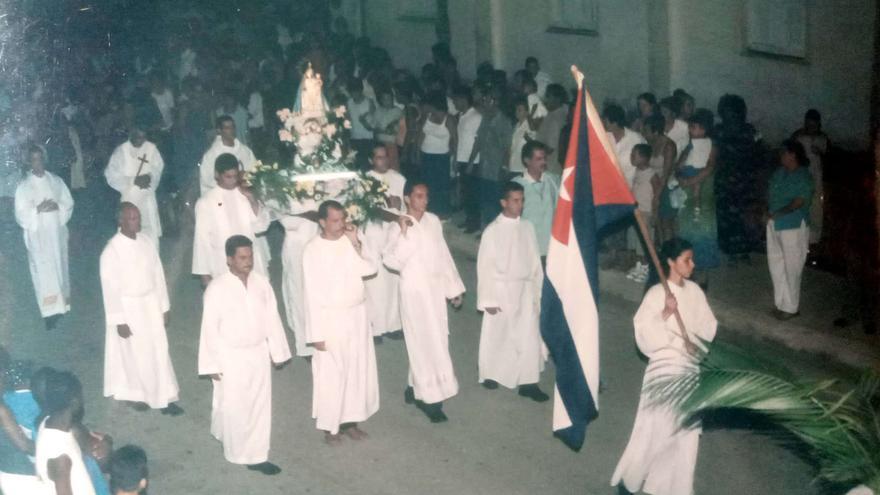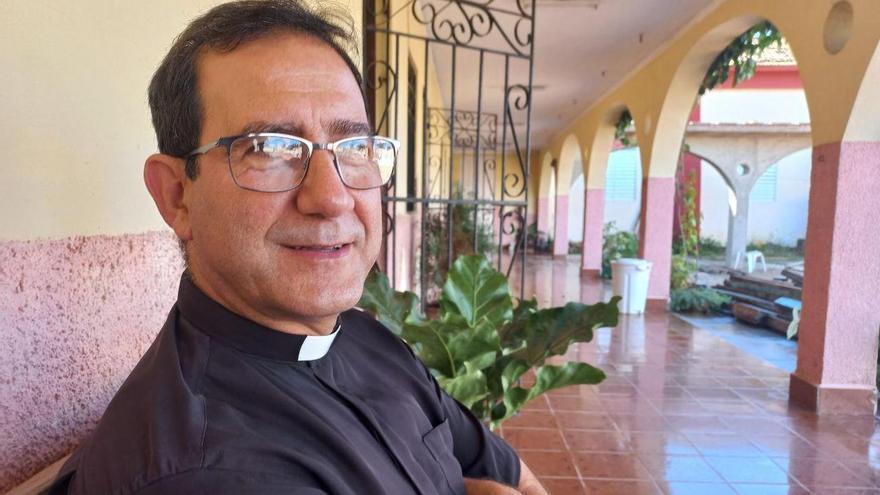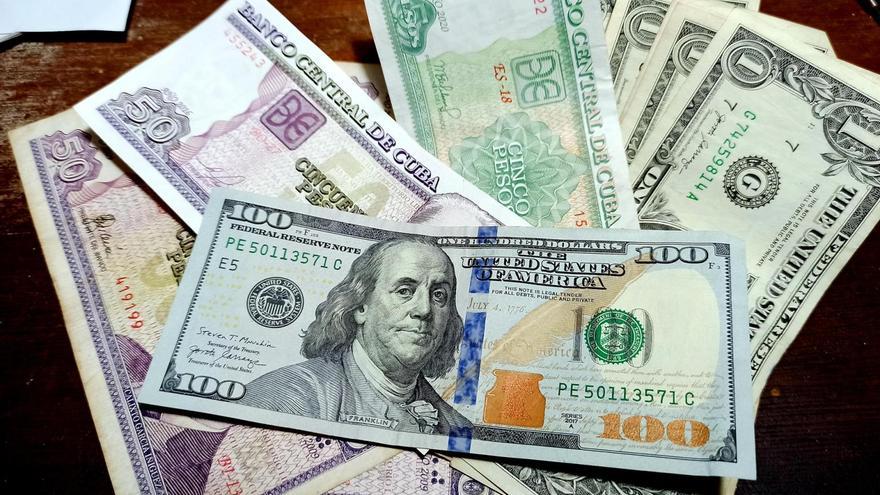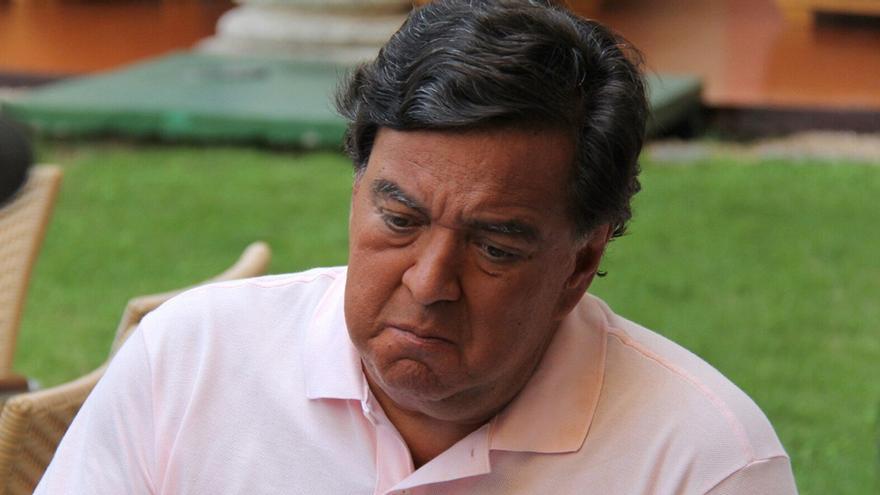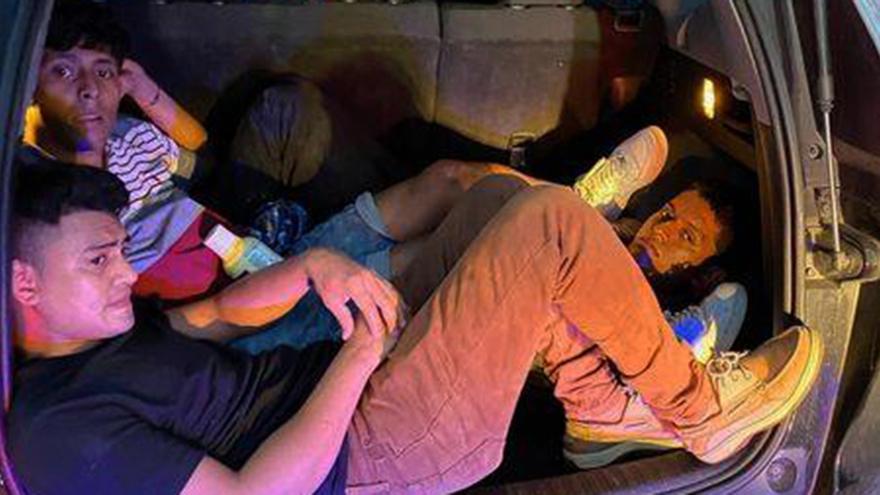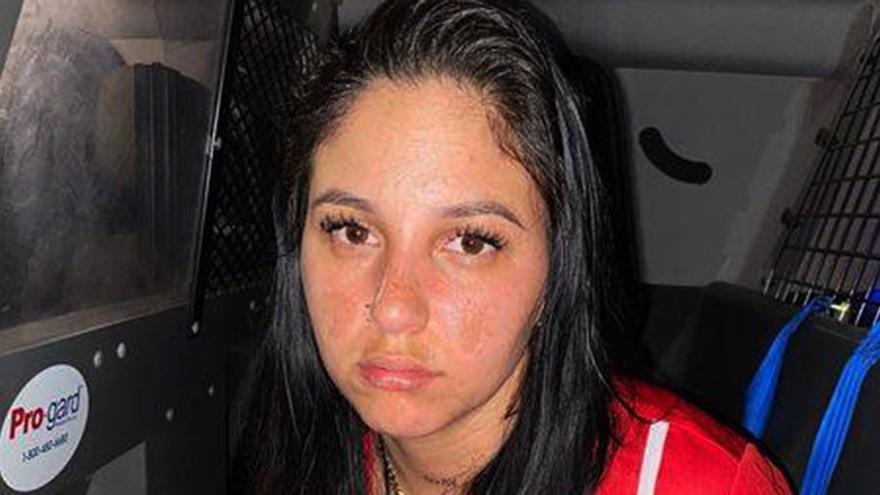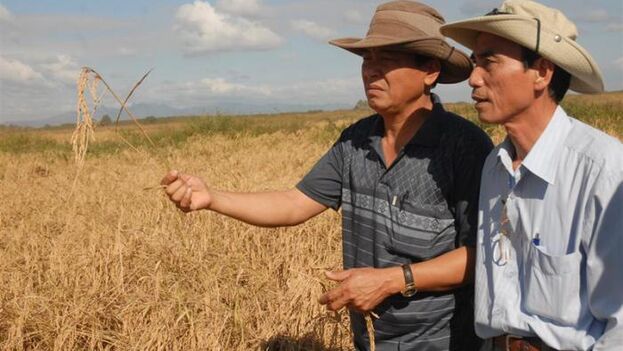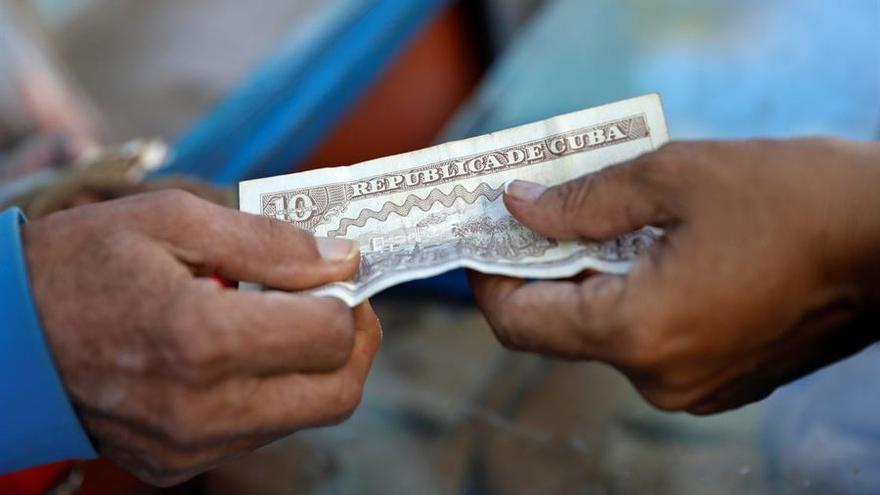However, these Roundtable programs end up becoming a space in which initiatives that are related to what happens in reality are announced by the attendees, so that, once again, the attendees defended bancarización in their respective areas of action, without revealing the background data that are really related to it.
Because if the CIMEX Corporation and Tiendas Caribe are intended to be meant as key players in the development of digital commerce experiences that drive the bancarización process, they should indicate what percentage of the Cuban population has access to their products and services. For this it is necessary to mention the informal exchange market, which, as Minister Gil acknowledged in the Assembly a few months ago, barely reaches 30% of the retail sector.
The rest of Cubans, existing in the area of poverty and loss of purchasing power because they only have Cuban pesos, have it much worse. So everything said in this edition of the Roundtable has to do with a limited part of the Cuban population, a scenario of deep and serious economic and social inequalities that the regime accepts, and even promotes, because it needs to dispose of those currencies that circulate in the population, at any price. continue reading
And since in these Roundtables we are never amazed by what is said, it turns out that one of the attendees, Yamil Hernández, manager of Fincimex**, explained that his entity has been charged by a monopoly regime with managing the only financial card processing center that exists in the country, presenting this as “an idea of Fidel Castro concretized in the 90s that allowed us to conform to international standards of being able to process international cards and create the bases of national issuers and domestic cards in the country.” Yes, unbelievably, Fidel Castro personally decided who made the plastic money in Cuba. Just Imagine.
After this “tribute” to the dictator, Hernández pointed out that in recent years there has been a “quantitative and qualitative leap in the processing of international and national cards, demonstrated by the technological transitions we have been able to undertake, the volume of transactions managed and the number of POS operations in the nation.” And he pointed out that the deployment of the IP network in the country did not take place until a date as recent as 2018.
In this regard, he indicated that 18,530 point-of-sale terminals are currently operating in the country, with an annual growth of 39%, clearly unbalanced and asymmetrical, since notable territorial inequalities are observed, with the provinces with the lowest increase being Guantánamo, Mayabeque and the Special Municipality of the Isla de la Juventud (Island of Youth). He also acknowledged that as the number of transactions grew, “difficulties still persist in the use of POS, since there are about 3,000 terminals that have not been used in the last quarter. In sum, 23% of the network, almost a quarter of establishments, have no operations.
The director pointed out that they have the objective of achieving the disaggregation of the network, since currently 70% of the network is focused on the organizations with the best connectivity conditions belonging to the tourism sector, CIMEX, TRD and the Bank. Other actors such as ETECSA, Mincin, airlines and non-state actors also have a number of POS in their establishments, but in the rest of the Cuban economy, the segment of poverty and the Cuban peso, these percentages are not given. And it doesn’t look like that’s the way it’s going to go.
Because, in addition to this development, the existence of recurring complaints in the population is recognized, of which the most relevant is the connectivity and the absence of an infrastructure that guarantees the connectivity of Fincimex and the response of the issuer. And here were cited several cases that really affect the process of bancarización of operations, such as local disconnections or problems with the platform that require a continuous level of investments, which the regime does not guarantee, given the concentration of investments in hotels.
Another no less important complaint from the population has to do with the requirement to capture the client’s personal data when an operation is carried out. People still do not trust service providers despite the fact that banks or businesses are obliged to validate identities. The fear of control is a real brake on operations.
Likewise, the director reported that 77% of Cimex establishments accept the QR code for payment, which is operated by the largest POS network in the country, and he announced the intention to “create new added values, re-analyze the commissions applied to customers, personalize the service, incorporate Android technology and wireless POS, as well as sustain the quality of the network.”
Regarding the QR code, he said that two types have been developed, one issued by the equipment itself and 127 units where the QR code is issued by the cashier, which allows two payment variants, by national and international cards and by QR codes. He announced the intention to expand the number of wireless POS terminals with all modalities such as those recently incorporated into the restaurants of the historic center.
Next, Marta Mulet, commercial specialist of Tiendas Caribe, intervened, and pointed out that since March 2022 they added different payment channels, which allowed sales to triple after starting in a single store and gradually extending the process to the rest, such as on the beaches of eastern Havana or at “electronic fairs that are organized with different organizations and actors in the provinces.”
Regarding the operation of electronic payment in the country’s services, Yamil Hernández said that there is a culture in that sense, that it was making its way from transactions with business cards and that seven million transactions with cards of this type have already been processed. In any case, given the small size of the fleet of cars and private vehicles in Cuba, the impact of these transactions is limited, and, once again, it brings notable economic and social inequalities.
Among the means of payment that were studied to carry out the operations were disposable cards, a product designed for eventual consumers (tourists, for example), who can purchase them in more than a thousand Cimex establishments, with telecommunications agents in Cimex and in Cadecas. He reported that more than 19 million disposable cards have already been sold to date and that the process has been modified, according to the needs of consumers. For example, the possibility of linking up to five cards at one time and the development of a mobile application that allows customers to check the balance of their cards, to see if they are active, etc.
Electronic pins are also available to customers, a modality developed in conjunction with Transfermóvil, and through this application, customers can buy a fuel coupon. When they go to the gas station, Transfermóvil shows a QR code, which the clerk scans and charges through that route. And here it was said that the “most innovative option is the rechargeable chip card, designed for customers who do not necessarily bank, since it is a modality that does not require connection, and as long as there are credits on the chip, the operation is authorized.
The card is free of charge, distributed in the Fincimex offices located in the provincial capitals. In the case of Havana, it is also available in 23 Cimex establishments. To create a credit on the balance, Yamil Hernández reported that there are 433 points where it can be done, by bank card transfer or in cash.
The Roundtable attendees concluded that the gas stations are an “avant-garde institution in the use of digital payment in Cuba” and that this transformation implies a challenge in terms of attention to the consumer and the need to instruct him. Lázaro Ayala, director of Servicentros of Cimex, said that “a work schedule was designed to implement the transition to digital payment gradually, so that the cash sale of fuel in all gas stations is eliminated.”
Some 99% of the gas stations have an IP connection, except for two in Matanzas where the rechargeable chip card can be used. For three years they have given seminars to workers, so that they can give their customers clear explanations about the various means of payment they can use.
And at this point it was announced what was feared by some spectators who survived the Roundtable at that late hour, which is that those customers who don’t have an online payment method but have the physical money will be able to purchase the rechargeable chip cards in an area adjacent to the service providers. No one escapes the hierarchical order of the regime. And cash is seriously running out in the gas stations.
So the message was very clear: “Beginning September 1 and until October 31 we will gradually eliminate the sale of fuel in cash in the gas stations. This process will be accompanied by our Cimex directors and officials, to resolve any eventuality.” The statement is not exempt from sarcasm: “in case of complaints or suggestions, the administrators of the services can be contacted, and, if the problem is not resolved, there is a unique number established for customers to address their concerns (80000724), the Cimex profiles on social networks or the email atencionalcliente@cimex.com.cu.” No more paying for gasoline in cash.
Translator’s notes:
*”Bancarización” is a term used in Cuba and other Latin American countries that refers to government efforts to reduce the role of cash through a greater reliance on banks’ digital payment options. The term does not seem to have a counterpart in English so the Spanish term is used throughout this translation.
**Financiera Cimex S.A. (FINCIMEX) is a financial investment and remittance company owned by GAESA and incorporated in Panama. Grupo de Administración Empresarial S.A. (GAESA) is a Cuban military-controlled umbrella enterprise with interests in the tourism, financial investment, import/export, and remittance sectors of Cuba’s economy. GAESA’s portfolio includes businesses incorporated in Panama to bypass CACR-related restrictions.
Translated by Regina Anavy
____________
COLLABORATE WITH OUR WORK: The 14ymedio team is committed to practicing serious journalism that reflects Cuba’s reality in all its depth. Thank you for joining us on this long journey. We invite you to continue supporting us by becoming a member of 14ymedio now. Together we can continue transforming journalism in Cuba.
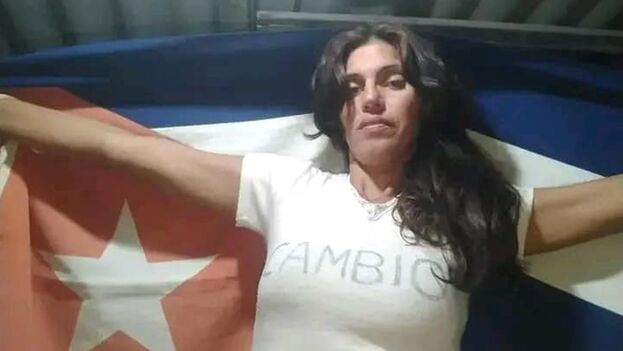
![]() 14ymedio, Havana, 4 September 2023 — Henry Constantín, director of the independent newspaper La Hora de Cuba, is missing. The journalist from Camagüey was arrested along with his colleague José Luis Tan Estrada, this Monday, when both tried to attend the trial against the Cuban activist Lenelis Delgado Cué, who is being prosecuted for the crime of contempt before the Popular Municipal Court of Camagüey.
14ymedio, Havana, 4 September 2023 — Henry Constantín, director of the independent newspaper La Hora de Cuba, is missing. The journalist from Camagüey was arrested along with his colleague José Luis Tan Estrada, this Monday, when both tried to attend the trial against the Cuban activist Lenelis Delgado Cué, who is being prosecuted for the crime of contempt before the Popular Municipal Court of Camagüey.
